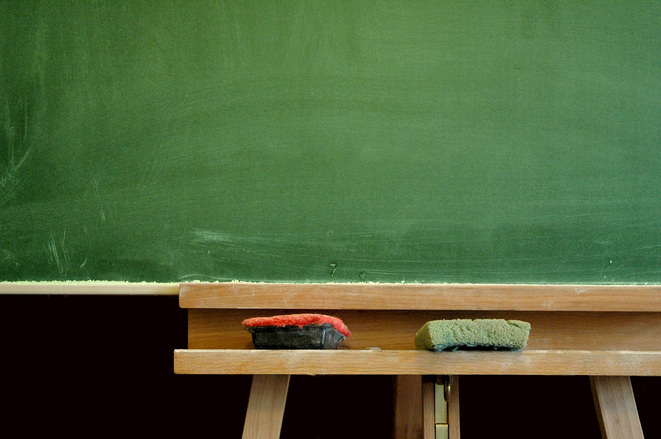It’s that time of year! Parents are getting their kids back in the routine of going to school and teachers try to make the most difference for their students. Here are some tips to deal with a few top concerns that adults have regarding children and school.
1. Bad studying habits.
Children are being diagnosed with ADHD more than ever nowadays. The problem is that kids are not paying attention in class, they get easily distracted, they are not taking responsibility for their homework, and the list goes on.
Trying to control the kids and taking only disciplinary actions can create a vicious cycle of negativity for the kids and adults. Rather, share your experiences of how focusing and getting good grades in school really helped you to achieve a successful life of happiness and fulfillment.
See from their perspective. No kid truly enjoys homework or studying. That’s why they keep looking to other things instead of focusing on school work. What can kids gain through the school activities and studies? How can studying and homework help them to live the fun lives that they want? Once the kids understand that studying will actually help them do what they want to do, studying will gradually become an enjoyable process for them.
2. Self-esteem and lack of confidence.
College is the new high school. The government just hasn’t made college mandatory yet. With rising social demands and standards, children are having trouble keeping up and are more afraid than ever to fall behind.
When students are constantly comparing themselves or are being compared to successful figures, whose achievements seem out-of-reach for students who are currently still trying to get through school, it’s easy for them to get trapped in an inferiority complex. Many studies have proven that students who know what they need to do are happier and more confident. They do better in school as a result.
Help them to focus on their current role. They are not adults yet, nor are they business owners or doctors or lawyers. They are young students. Let them know that being a successful student now will help them to succeed as an adult when they become an adult. Whatever they are doing now will carry on into their adulthood, so if they are currently worried and anxious about the future, they will grow up to be worried and anxious adults. If they learn to enjoy being a student and recognize that their role as a student is to study and take part in school activities, they will grow up to become adults who are able to easily recognize their roles in their workplace and fulfill those roles responsibilities.
3. Social problems.
Bullying and being bullied is a problem at any school. Kids are unable to treat each other with true respect and care. They take out their stresses and anger on each other.
Disciplinary action does very little to solve the problem. The kids just wait it out and go back to repeating their behaviors. Giving rewards for good behavior only creates behavioral change and does not inspire a fundamental change in how the kids treat each other.
Set the example. Instead of teaching children and lecturing how they should treat each other, treat them with the respect that any human being should deserve. Help them not only to learn about but actually experience the value of being a person and guide that respect towards other human beings around them–their classmates.
4. Lack of motivation.
Have you noticed a common thread in the previous three topics? The basic issue that we are facing is that our children do not know the reason or purpose of their existence. They are following the societal norms of going to school, getting good grades, meeting good people, but they do not understand the significance of doing so. Why do they have to go to school? What is their role in society? What is the value of their lives? When these fundamental questions are lingering, either consciously or subconsciously, in their minds, children will find anything they do to be futile.
As adults, we, parents and teachers, should be first to reflect on our lives and understand our own selves’ value first in order to help our children to realize their value and potential. Once the children understand the significance of their existence, they will naturally find direction and motivation.
“A complete person is a true person whose true soul never dies. Such a person is called a saint. Man will live a life of righteousness when this term is no longer just empty words and jargon and he actually becomes a true person and lives as one. While man has craved and struggled to become complete, it has not been easy because he is incomplete and false.
In order to become a complete person, a whole person, one must start subtracting from his mind, to which, until now, he has always added. Only then can he walk the path to human completion. When one subtracts his false mind world and discards his self that is living in that false world, he can become complete and recover his original nature.
Currently, education focuses on the knowledge and skills needed to make a living. If one first becomes a whole person, a complete person, he will know all the ways of the world; consequently he will be even better at his studies and live a better life.”
–Woo Myung, excerpt from Stop Living In This Land, Go To The Everlasting World Of Happiness, Live There Forever





